Special Diets for Ulcerative Colitis


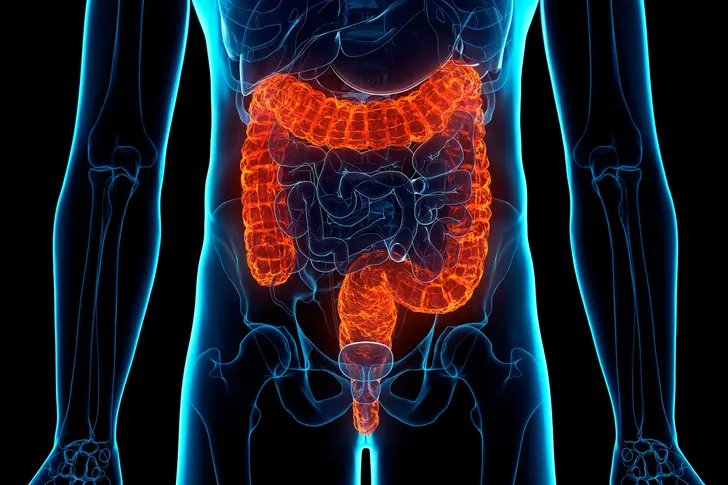
Should I Follow a Special Diet?
Since ulcerative colitis (UC) happens in your gut, it’s normal to wonder if your diet might help or hurt your condition. There’s no diet that cures UC, but some eating plans may help relieve symptoms or reduce inflammation for some people. These benefits could greatly improve your quality of life.
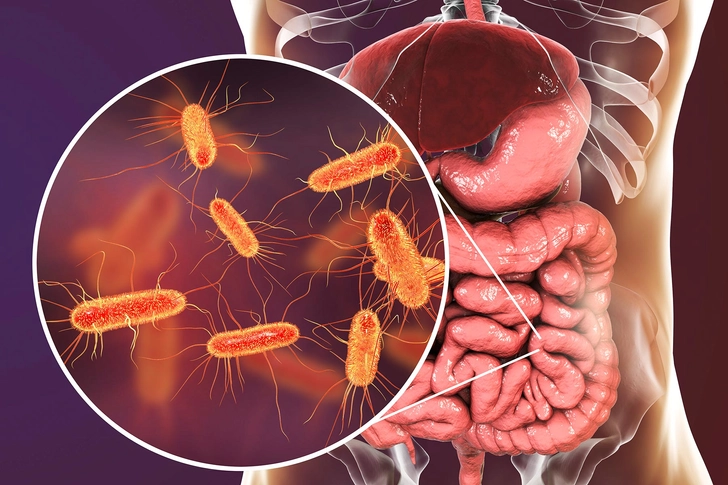
Anti-Inflammatory Diet (IBD-AID)
An imbalance of gut bacteria – too much of the bad and not enough of the good – may promote inflammation in IBD. The idea behind the IBD-AID diet is to restore the balance. The plan emphasizes foods that might increase good bacteria. It also avoids certain carbs. In a very small study of people with IBD, everyone on the diet saw an improvement in symptoms and dropped at least one medication.
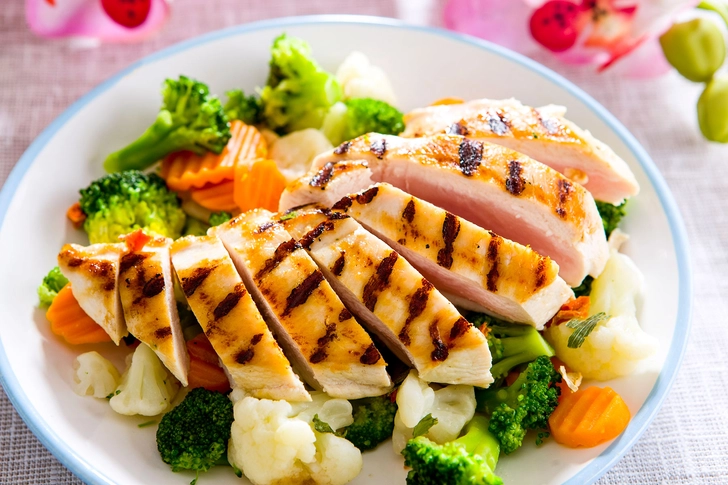
Autoimmune Protocol Diet (AIP)
The AIP diet also targets gut bacteria. You phase out foods that may throw off bacterial balance and spark inflammation. These include grains, sugar, dairy, nuts, junk food, and nightshade vegetables such as tomatoes and eggplants. You’ll focus on lean protein, fruits, and vegetables. The plan includes advice on sleep, exercise, stress, and socializing, too. Very small studies suggest it may improve quality of life and cut inflammation.
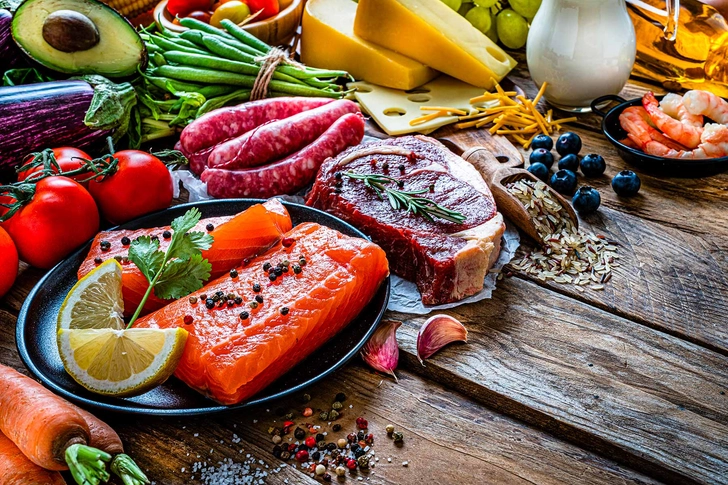
Low FODMAP Diet
Short for fermentable, oligo-, di-, monosaccharides, and polyols, FODMAPs are a group of foods that the gut may not absorb very well. This diet cuts those. They include dairy, wheat, legumes, and certain fruits and veggies. Originally an IBS diet, it may also ease symptoms in people who have both IBD and IBS. But it doesn’t cut inflammation, so it may be best for people in remission who still have symptoms.
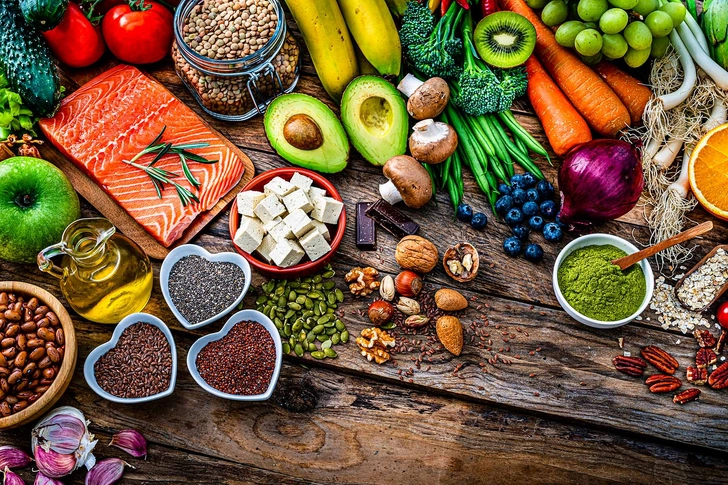
Specific Carbohydrate Diet (SCD)
This diet limits or removes grains, fiber, and some sugars as well as starchy vegetables like potatoes and corn based on the idea that they set off inflammation and unwanted changes in gut bacteria. Studies on very small groups suggest that the diet eases symptoms, reduces inflammation, and improves gut bacteria, but more research is needed to see if it is safe and effective.
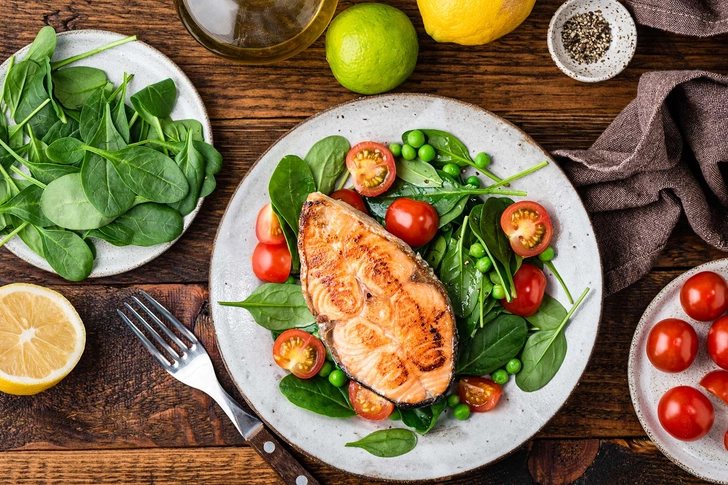
The Mediterranean Diet
Based on traditional cuisine from the Mediterranean region, this diet is rich in fruits, vegetables, whole grains, nuts and seeds, and low on animal products. You’ll eat fish, chicken, and dairy products in moderation. Olive oil is the main source of added fat. Some studies show that people with UC who eat this way have less disease activity and inflammation and better nutrition and overall quality of life.

Low-Fiber Diet
Also called a low-residue diet, this plan may help reduce your symptoms during a flare. When you reduce your fiber intake, it should cut down on trips to the bathroom. You’ll avoid fiber-rich foods like whole grains, bran cereals, and raw vegetables. Instead, opt for the easier-to-digest versions, like white bread and rice, cornflakes, and peeled, cooked vegetables. You can also dig into eggs, lean meat, and fish.

Semi-Vegetarian Diet
Research shows that vegetarians with UC may have fewer relapses than meat eaters. Even a semi-vegetarian diet may do the trick. The semi-vegetarian diet for IBD allows for fish once a week and meat once every 2 weeks. At all your other meals, fruits, vegetables, yogurt, legumes, eggs, and whole grains are fair game.
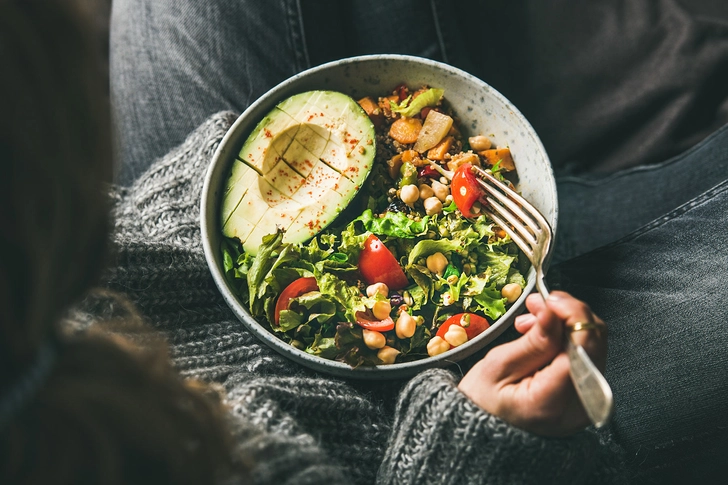
UC Exclusion Diet
Similar to a vegetarian diet, this eating plan limits animal fats and sulfated amino acids, which come from dairy, eggs, fish, meat, poultry, and seafood. It may improve symptoms in mild to moderate UC.

Be Cautious
Special diets for UC can be pretty limiting. Some people end up losing weight they didn’t need to lose or not getting the nutrition they need. A diet should not only help manage your symptoms but also meet your nutritional needs. Talk to your doctor or dietitian about what type of diet is right for you.
IMAGES PROVIDED BY:
1) Science Photo Library / Getty Images
2) iStock / Getty Images
3) E+ / Getty Images
4) E+ / Getty Images
5) E+ / Getty Images
6) iStock / Getty Images
7) iStock / Getty Images
8) Moment RF / Getty Images
9) iStock / Getty Images
10) E+ / Getty Images
SOURCES:
Crohn’s and Colitis Foundation: “Special IBD Diets.”
Nutritional Journal: “An anti-inflammatory diet as treatment for inflammatory bowel disease: a case series report.”
Crohn’s and Colitis 360: “An Autoimmune Protocol Diet Improves Patient-Reported Quality of Life in Inflammatory Bowel Disease,” “The Autoimmune Protocol Diet Modifies Intestinal RNA Expression in Inflammatory Bowel Disease.”
Journal of Clinical Gastroenterology: “Clinical and Fecal Microbial Changes With Diet Therapy in Active Inflammatory Bowel Disease.”
Mayo Clinic: “Mediterranean diet for heart health.”
National Health Service: “Living with Ulcerative Colitis.”
The Permanente Journal: “Relapse Prevention by Plant-Based Diet Incorporated into Induction Therapy for Ulcerative Colitis: A Single-Group Trial.”
World Journal of Gastroenterology: “Lifestyle-related disease in Crohn’s disease: Relapse prevention by a semi-vegetarian diet.”
Culinary Nutrition: “Vitamin and Mineral Basics: The ABCs of Healthy Foods and Beverages, Including Phytonutrients and Functional Foods.”